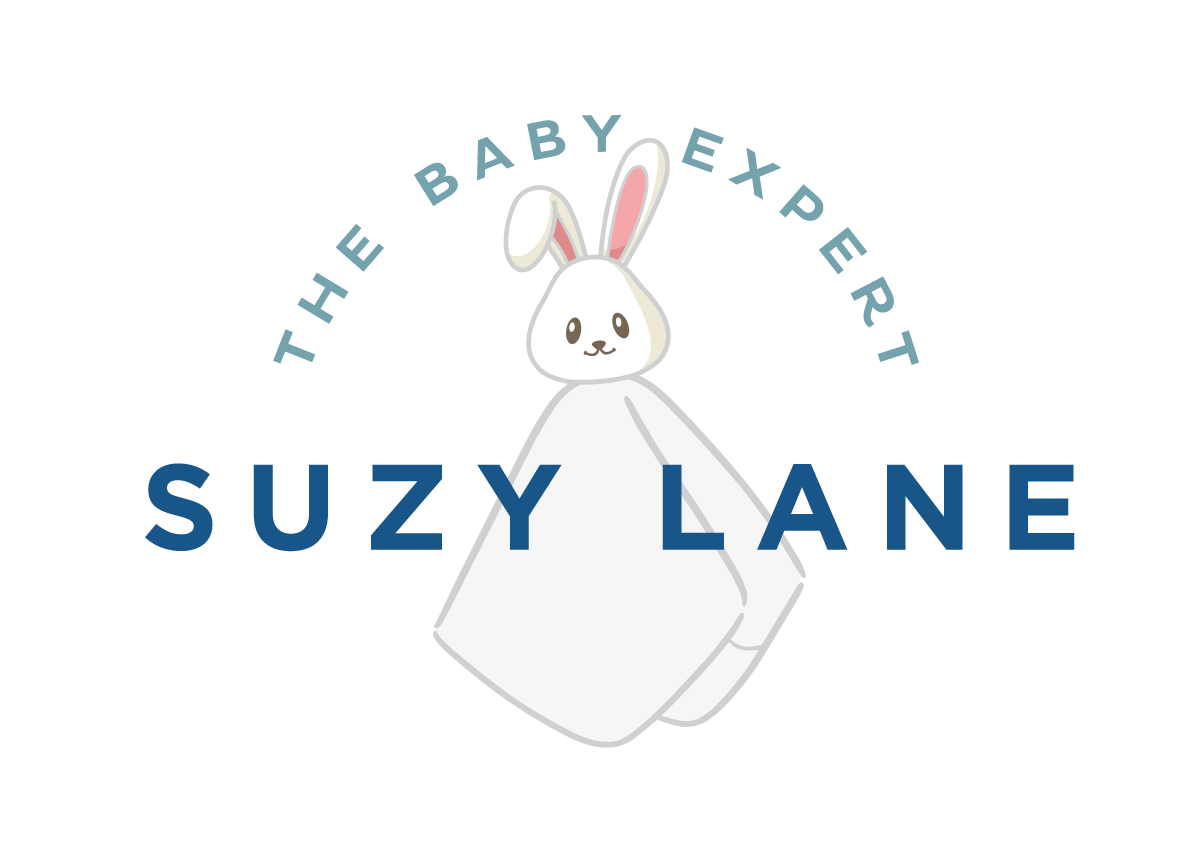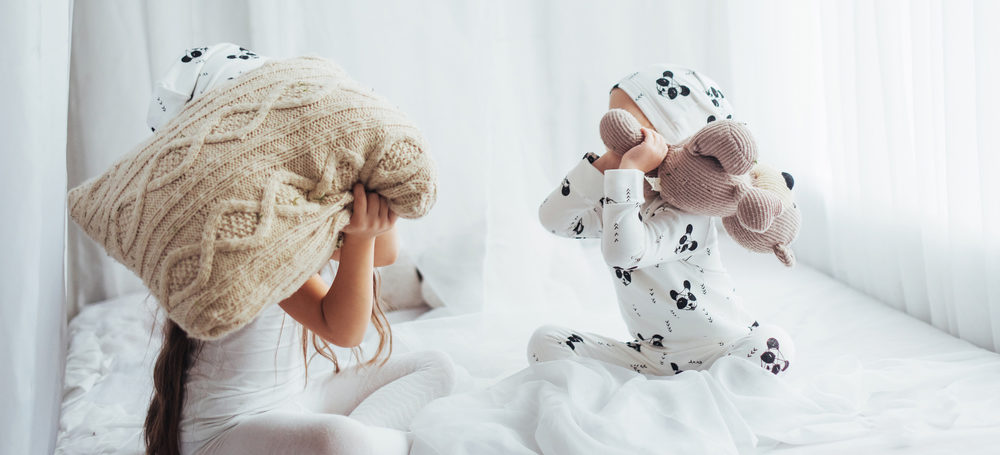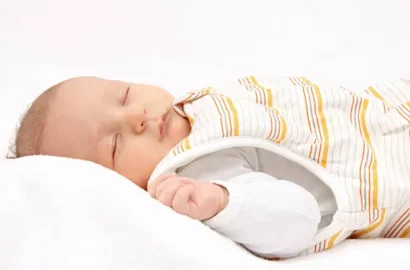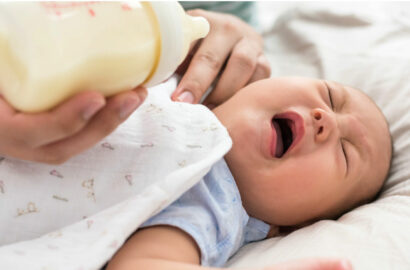Does your infant suffer from mild to moderate sleep deprivation?
As parents, you and I know it’s not fun at all feeling grumpy and not at your best from lack of sleep. If your children often show signs of feeling this way, we owe it to them to find solutions to help them.
Ongoing partial, or low-level, sleep deprivation in children sometimes has an even bigger effect on their behaviour than the short-term sleep deprivation experienced by new parents. Often the effects of partial sleep deprivation are seriously underestimated.
We know, based on common sense, that inadequate sleep makes children impulsive, and less able to concentrate. We’ve known for years that sleep deprivation makes it difficult to learn. Research has verified that chronic poor sleep results in daytime tiredness, difficulties with focused attention, low threshold to express negative emotion (irritability and easy frustration), and difficulty modulating impulses and emotions. These are the same symptoms that can lead to a diagnosis of attention deficit hyperactivity disorder or ADHD.
Does Your Child Have ADHD or Is It simply Sleep Deprivation?
ADHD is an important problem in its own right, but research in sleep laboratories has shown that some (and perhaps a great many) children are mislabelled with ADHD when the real problem is chronic partial sleep deprivation. When children are identified with symptoms of ADHD, often no one thinks to explore the child’s sleeping habits, and whether these unsustainable habits might be responsible for the symptoms. (People also forget to consider childhood depression as a possible cause for these symptoms — but that is another story). Sometimes it is obvious to parents that their children are not sleeping well — but not always.
Signs Your Child Might Not Be Sleeping Well.
Any child who snores may not be getting adequate sleep. Obstructive sleep apnoea is a common medical condition that is now being identified in more and more children. The peak age for this is 2 to 5 years old, but it can occur at any age. Not all children who snore have sleep apnea. Classically, those with sleep apnoea snore quite loudly for a bit, are then silent, then snort briefly, move about, and resume snoring. If snoring is accompanied by nighttime breathing difficulty and pauses in breathing, then it may well be sleep apnea. This should be brought to the attention of your paediatrician. You might want to record your child’s sleep noises to bring with you. Children with sleep apnea do not get sound sleep. They may also get suboptimal oxygen to the brain at night. Obstructive sleep apnea can have a serious negative impact on a child’s intellect and behaviour. The common symptoms of sleep apnoea are:
- Difficulty paying attention during the day
- Decreased academic performance
- Oppositional behaviour
- Restlessness
Not all children with sleep apnoea snore. Even when they do, sleep apnoea is often overlooked. Instead, the child is diagnosed with a behavioural disorder — most commonly ADHD. Children with sleepwalking, restless leg syndrome, narcolepsy, insomnia, or other sleep problems may also be misdiagnosed with ADHD.
Is this the Cause or the Effect?
When parents of children with A.D.H.D. are interviewed, they usually identify their children as poor or restless sleepers. Children who have been diagnosed with ADHD do wake up more often at night than their peers. Poor sleep is a common feature of ADHD — a problem that can be made worse by the use of stimulant medications such as Ritalin or Dexedrine. In fact, recent studies have reported sleep problems in 25% to 50% of children and adolescents with ADHD, two to three times the rate of sleep problems in children without ADHD. In an individual child, it can be very difficult to tease apart whether interrupted sleep is the cause or the result of ADHD. The good news is that even when ADHD is the correct diagnosis, addressing the sleep issues can dramatically improve the behaviour of the child.
How Much Sleep Does Your Child Need?
Every child is different, but there are general guidelines. Perhaps ask yourself the following questions to determine if your child is getting too little sleep:
- Does your child seem sleepy or irritable during the day?
- Does your child have difficulty staying awake when sitting still?
- Does your child have trouble paying attention at school or at home?
- Does your child seem to perform below his or her potential?
- Does your child have emotional outbursts?
- Does your child have trouble focusing on an activity for more than a few minutes at a time?
What can you do?
If your child has ADHD symptoms or other behaviour problems, he or she should be carefully assessed for sleep problems first. If sleep disturbances are present, they need to be addressed, regardless of whether or not they are the root cause.
Some key areas to assess are:
- Sleep timing – A consistent bedtime isn’t always practical, but if children miss the window when their body is ready for sleep, they may have trouble falling asleep later.
- Physical activity during the day – The combination of staying indoors all day and low levels of activity compound the problem.
- Diet – Eating late in the evening, refined carbs, and soda and energy drinks can all have an impact.
- Wakefulness – As if it wasn’t hard enough, Melatonin suppression due to blue light exposure (think light bulbs, mobiles phones, televisions and other screens) can make it difficult to go to sleep.
|
|




